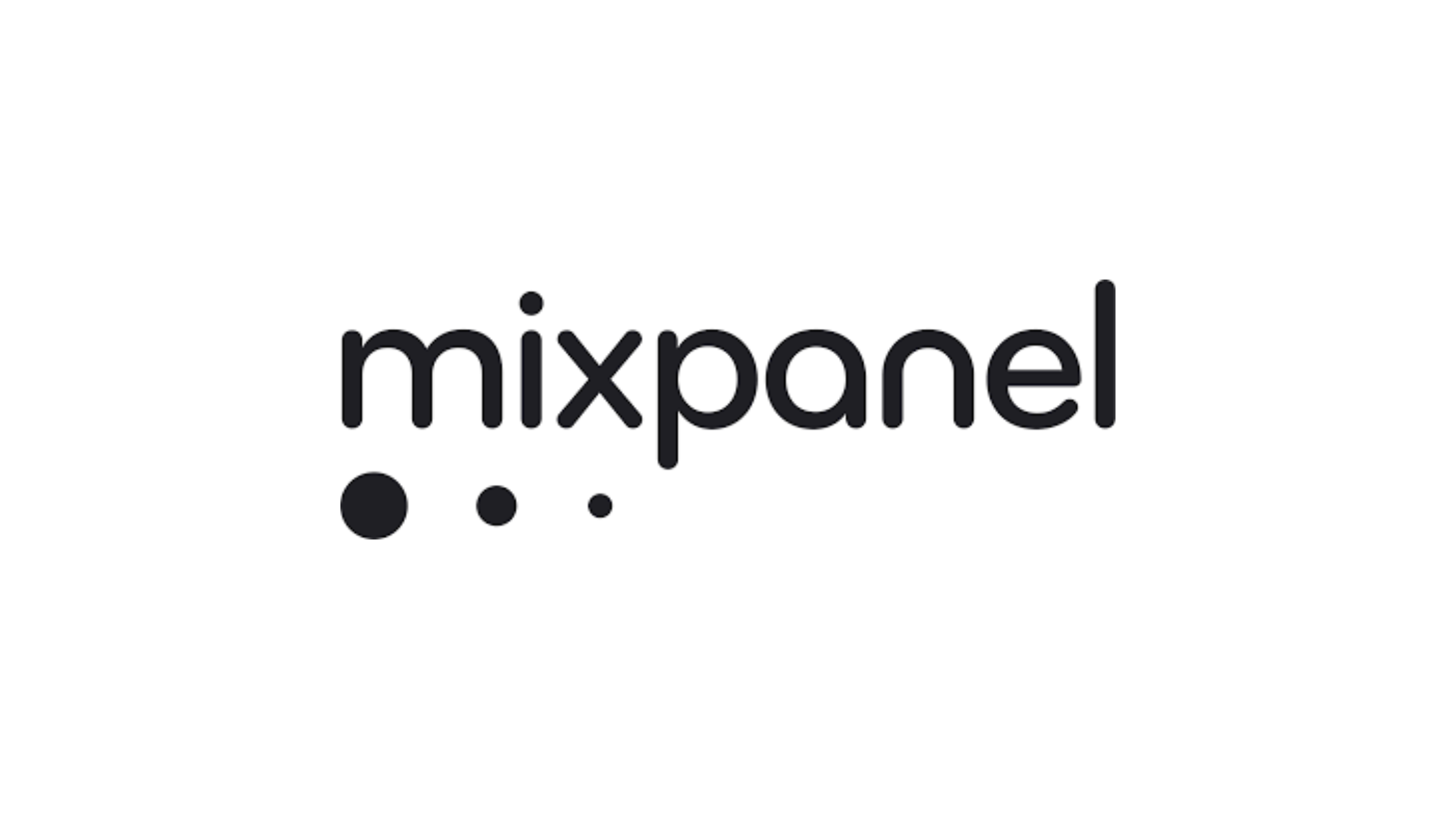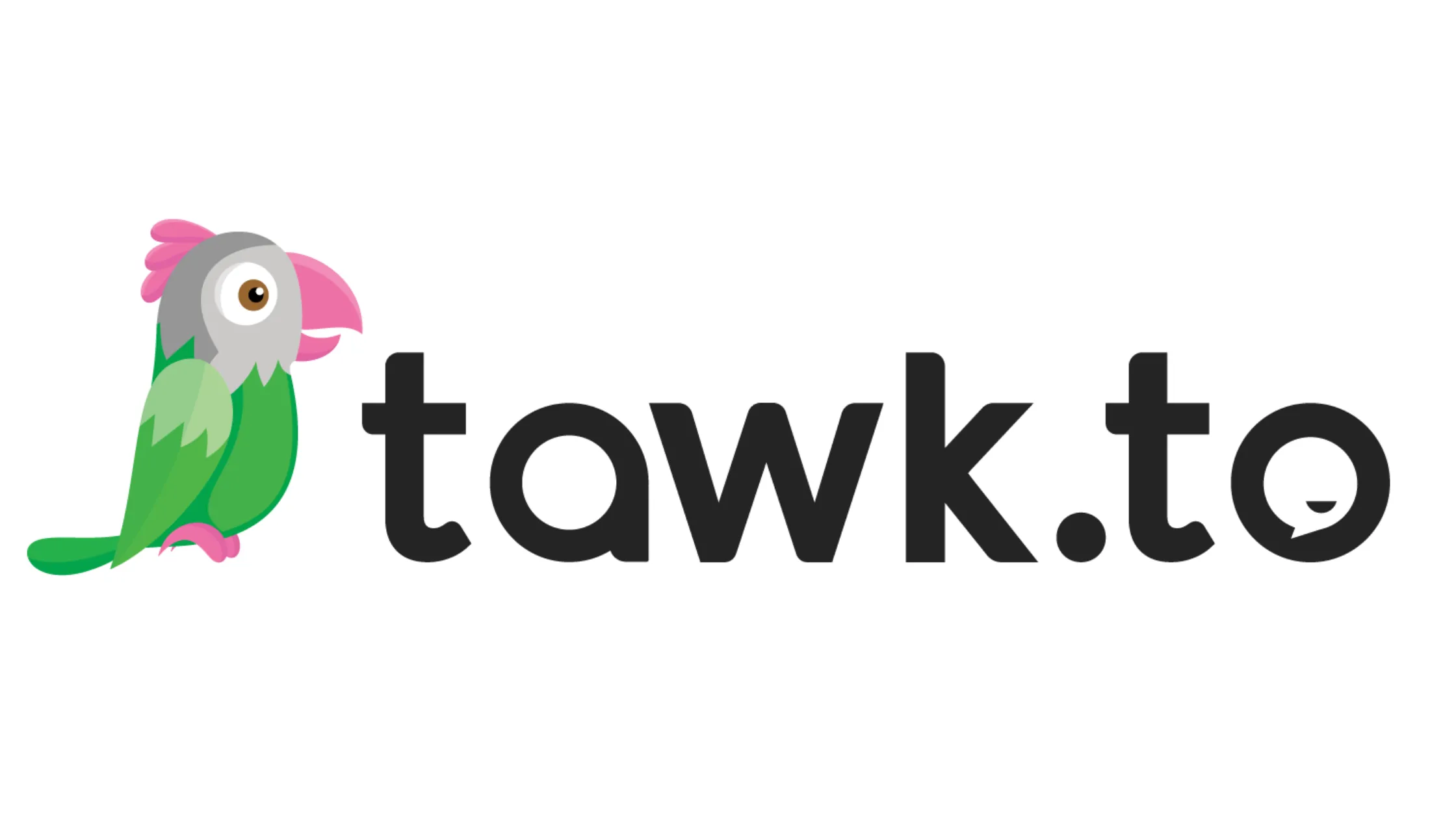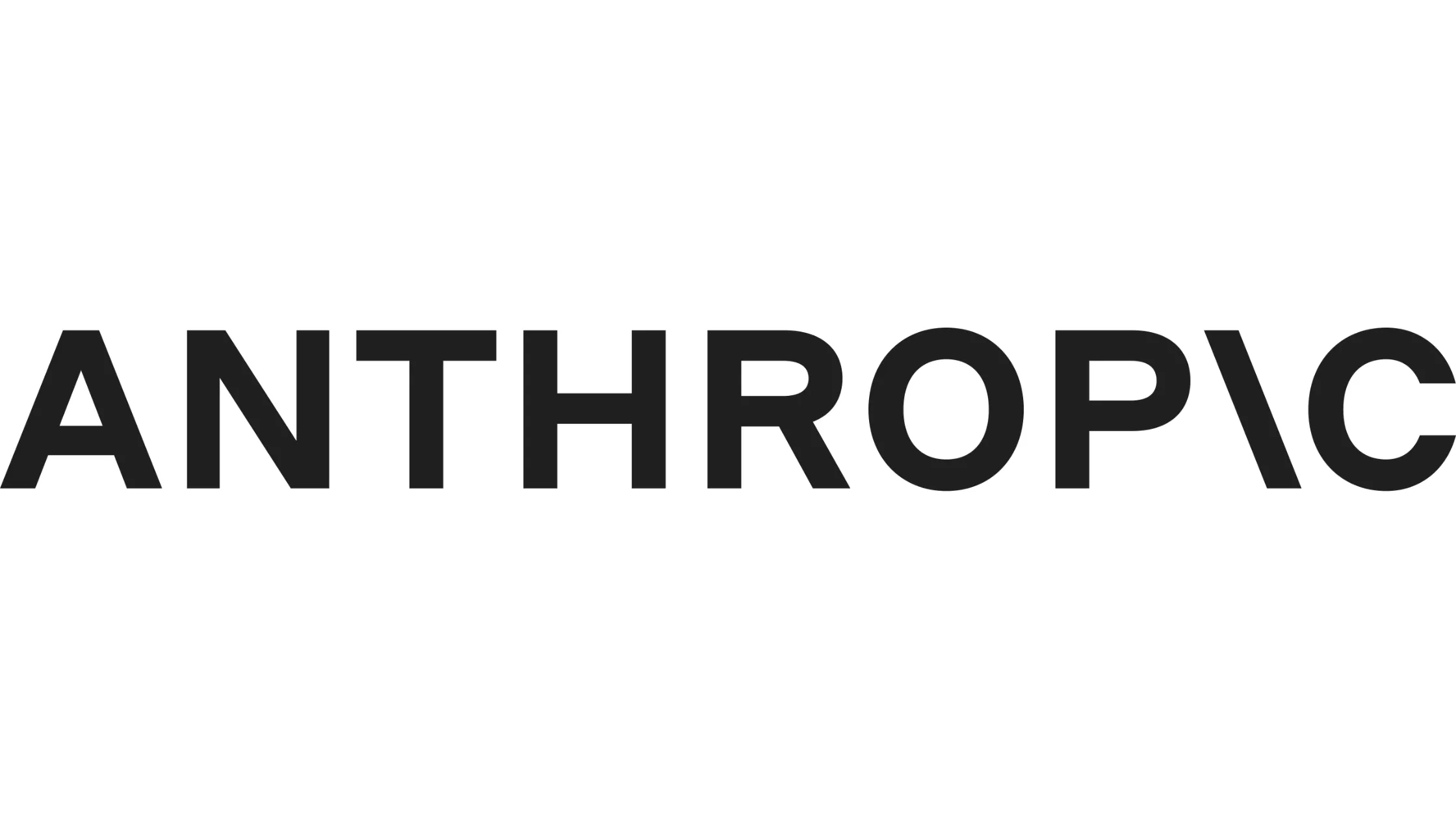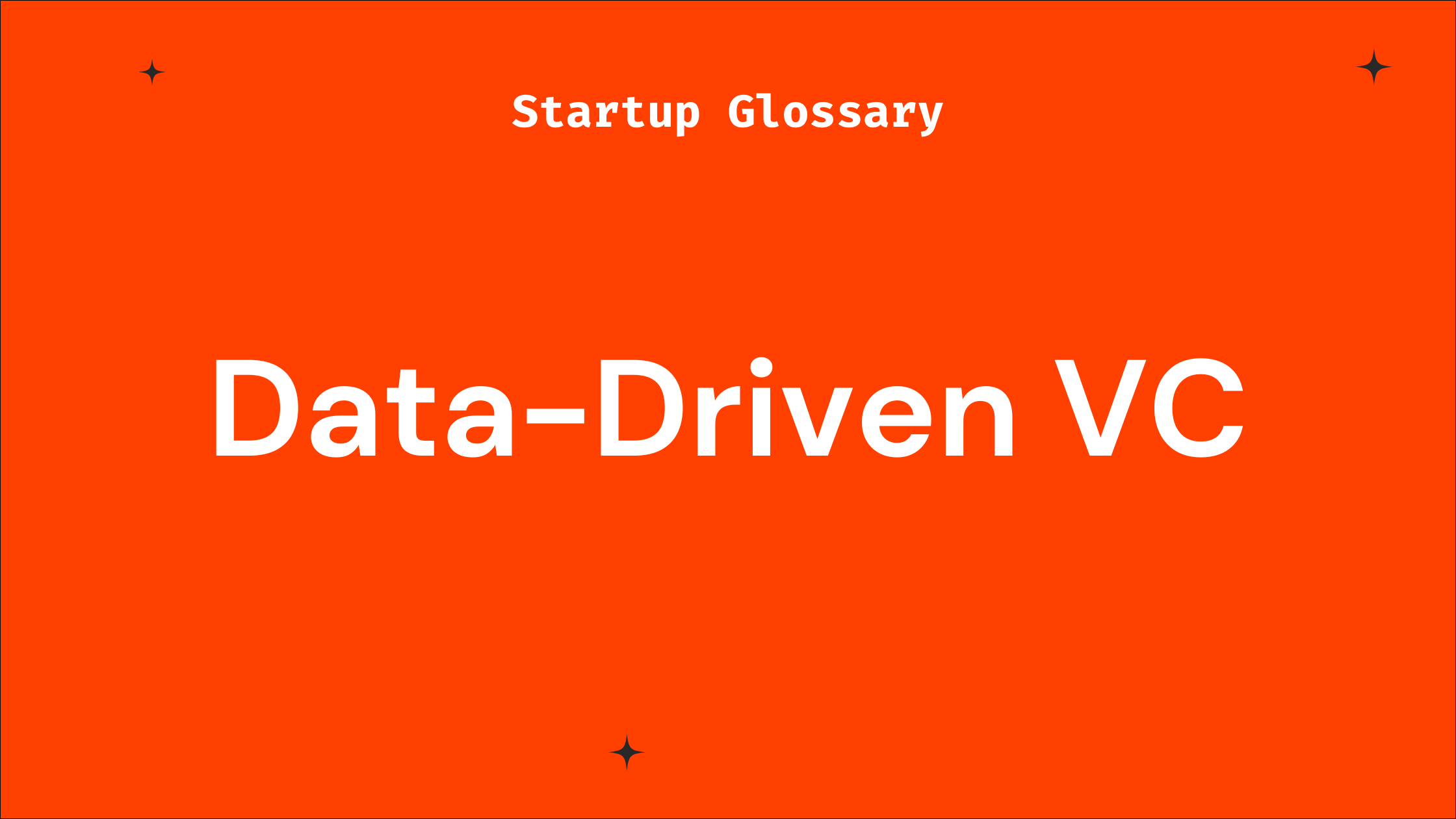
AI Integration for Non-Tech Founders: Where to Start and How to Scale
Learn how AI integration can boost your startup’s efficiency and growth. A simple guide for non-tech founders to get started with AI.
As a startup founder, you're always looking for ways to improve efficiency, drive growth, and stay competitive in the market. One of the biggest buzzwords floating around right now is artificial intelligence (AI). If you're a non-tech founder, AI might seem like an intimidating beast to tackle, especially when you're juggling a thousand other tasks. But here's the thing: you don’t need to be a tech wizard to harness the power of AI. In fact, with the right approach, AI can become a valuable tool that helps your startup grow without adding unnecessary complexity to your day-to-day operations.
In this guide, we’ll break down the basics of AI integration for non-tech founders, covering where to start, what you need to consider, and how to scale AI within your startup as you grow.
Why Should You Care About AI?
It’s easy to think that AI is only for massive tech companies or unicorn startups with deep pockets. But that couldn’t be further from the truth. AI has democratized to the point where it’s accessible to businesses of all sizes. Whether you're running an e-commerce platform or a healthtech service, AI can automate tedious tasks, help make better decisions through data insights, and personalize customer experiences.
Here are a few ways AI can boost your business:
- Automation: AI can handle repetitive tasks such as customer service inquiries (chatbots), data entry, and scheduling.
- Data Insights: AI tools can sift through vast amounts of data to give you insights that would otherwise take hours or days to process manually.
- Personalization: AI can help tailor marketing efforts and customer interactions by analyzing user behavior, improving customer experience, and increasing conversion rates.
Where to Start with AI Integration?
The idea of incorporating AI into your startup might seem overwhelming, but it doesn't have to be. Here’s a simplified approach to get started:
Identify Key Areas for AI
The first step in AI integration is figuring out where it will provide the most value. Focus on areas of your business where AI can:
- Reduce manual work (e.g., customer support automation).
- Improve decision-making (e.g., analyzing marketing data).
- Enhance customer experience (e.g., AI-driven product recommendations).
If you’re a non-tech founder, start with simple AI tools that can integrate with the software you're already using, such as CRM systems or email marketing platforms. Many of these tools come with built-in AI features, making the process as seamless as possible.
Choose the Right Tools
Once you’ve identified key areas where AI could help, it’s time to pick the tools that will make it happen. Here’s a quick checklist:
- No-code AI tools: These platforms don’t require any technical expertise, allowing you to build AI-driven applications using a drag-and-drop interface. Popular options include Bubble, Zapier, or Lobe.
- Off-the-shelf AI solutions: If you're looking for a quick win, consider pre-built AI solutions like HubSpot's AI-driven CRM or Shopify’s AI-powered customer service chatbots.
- AI APIs: If you're ready to take things up a notch, many platforms like OpenAI and Google Cloud offer APIs that you can integrate into your existing systems.
Collaborate with a Tech Partner
Let’s face it, AI is powerful, but it also comes with its fair share of complexity—especially when you want to scale beyond basic integrations. This is where having a trusted tech partner can make a world of difference. A partner like Horizon Labs can help you go from integrating simple AI tools to building custom solutions tailored to your business’s specific needs, without the usual headaches.
Scaling AI in Your Startup
After you’ve successfully integrated AI into a few key areas of your startup, the next challenge is scaling. Scaling AI isn't just about adding more tools—it's about optimizing the systems you already have and expanding them as your startup grows.
Building a Data-Driven Culture
AI thrives on data. To scale AI effectively, you’ll need to embrace a data-driven culture within your organization. This means:
- Collecting clean, structured data across all departments.
- Ensuring that your team understands the importance of data and how AI can improve their work.
- Regularly reviewing and updating your data pipelines to ensure they’re feeding the AI the right information.
Avoiding Common Pitfalls
Scaling AI comes with its own set of challenges. Here are some common mistakes non-tech founders make and how to avoid them:
- Lack of a clear strategy: You need a clear AI roadmap. Without one, you risk implementing AI tools that don’t add value or, worse, confuse your team.
- Overcomplicating AI projects: Start small. Focus on projects that have measurable ROI before diving into more complex AI initiatives.
- Neglecting human oversight: While AI can automate processes, human oversight is crucial to ensure that the AI isn’t making decisions that could hurt your brand or alienate customers.
Hiring or Outsourcing AI Talent
As your AI needs grow, you may need to bring in specialized talent. Depending on your budget and long-term plans, you have two options:
- Hire an AI specialist: This is a good option if AI will become a core part of your business model. Look for a candidate with experience in machine learning, natural language processing, or data science.
- Outsource to a tech partner: If you’re not ready to hire full-time, outsourcing to a partner like Horizon Labs can give you access to top-notch AI talent without the overhead of a full-time employee.
Examples of AI in Action for Startups
To make AI feel more tangible, let’s dive into a few real-world examples of how startups are using AI to grow their businesses. These case studies show that even non-tech founders can leverage AI to achieve impressive results.
AI in Customer Support
Startups like Intercom and Zendesk have incorporated AI-driven chatbots into their platforms to streamline customer support. For a startup founder, this can mean faster response times, lower support costs, and happier customers. AI chatbots can handle common queries 24/7, leaving your human support team to focus on more complex issues.
Imagine you’re running an e-commerce platform—AI can respond instantly to customer questions about shipping times, product availability, or returns. This not only saves your team time but also boosts customer satisfaction by providing quick, consistent answers.
AI in Marketing
AI is also a game-changer in marketing. Platforms like HubSpot and Mailchimp now use AI to help businesses automate and optimize their marketing efforts. These tools can analyze customer behavior, segment audiences, and even suggest the best time to send out emails for maximum engagement.
For example, if you’re running a healthtech startup, AI can analyze your customer data and create personalized email campaigns based on user activity. It helps you target the right audience with the right message, boosting conversion rates without having to manually sift through mountains of data.
AI in Product Development
Another area where AI is making waves is product development. AI tools can help startups accelerate the prototyping phase by simulating product functionality and predicting potential failures before they occur.
Take Flair Labs for instance, one of our clients at Horizon Labs. They used AI to train voice agents and improve their AI-driven copilot software. With our help, they were able to build a production-ready application in a fraction of the time, allowing them to hit the market faster and with more confidence.
What’s Next? AI Trends to Watch
The world of AI is evolving fast, and as a startup founder, it’s essential to keep an eye on emerging trends that can impact your business. Here are a few AI developments to watch:
Explainable AI (XAI)
While AI is powerful, one common issue is that it can act like a "black box"—you get results without knowing exactly how the system reached them. Explainable AI aims to make AI’s decision-making process more transparent. For startups in regulated industries like healthtech or fintech, this can be crucial for gaining trust with customers and meeting compliance standards.
AI and Ethical Considerations
As AI becomes more widespread, ethical considerations are coming to the forefront. Issues like bias in AI models or the misuse of personal data can harm a startup’s reputation. Founders need to ensure they are using AI responsibly by considering fairness, transparency, and privacy in their AI strategy. This will not only build trust with users but also avoid potential regulatory pitfalls.
The Long-Term Benefits of AI Integration
AI is more than just a buzzword—it’s a long-term investment in the future of your business. Founders who embrace AI early on will see compounding benefits over time:
- Increased Efficiency: AI helps you do more with less. By automating repetitive tasks, you free up time to focus on strategy and growth.
- Better Decision-Making: AI can analyze data at a scale and speed humans can’t match, allowing you to make smarter, data-driven decisions.
- Scalability: As your startup grows, AI scales with you, automating processes and improving customer experiences without requiring a massive increase in resources.
By integrating AI into your startup’s operations, you’re not just adopting a trendy tool—you’re setting up your business for long-term success in an increasingly competitive landscape.
Horizon Labs Can Help You Navigate AI
AI may seem complex, but with the right guidance, it doesn’t have to be. At Horizon Labs, we understand the unique challenges founders face, especially when it comes to adopting new technologies like AI. As a strategic tech partner, we don’t just implement AI—we help you align it with your business goals, so you get the maximum return on your investment.
From simple AI-driven chatbots to advanced machine learning models, our team of experienced engineers and product experts can help you build AI solutions tailored to your startup’s needs. Whether you're looking to automate operations, enhance customer experiences, or scale your AI capabilities, we’ve got you covered.
Don’t let AI overwhelm you—let us help you navigate it. Get in touch with us at info@horizon-labs.co or schedule a free consultation at Horizon Labs Contact Page to see how we can take your startup to the next level with AI.
Frequently Asked Questions (FAQs) about AI Integration for Non-Tech Founders:
Q: Do I need to hire a full-time AI engineer to integrate AI into my startup?
A: Not necessarily. Many AI tools and platforms are designed to be accessible to non-technical founders. You can start with no-code or low-code platforms that offer AI functionalities out of the box. If you need more advanced AI capabilities, you can hire freelancers or work with a tech partner like Horizon Labs to build custom AI solutions as you scale.
Q: How much should I budget for AI integration?
A: The cost of AI integration can vary depending on the complexity of your needs. Basic AI tools like chatbots or marketing automation software might be affordable and can start from as little as $50 to $500 per month. For custom AI development, costs can rise significantly depending on the scope of work. It's best to start small and scale as your budget and needs grow.
Q: Can AI be used if my startup doesn't have a large amount of data?
A: Yes! While AI thrives on data, you don’t always need huge datasets to start. There are pre-trained AI models available that can be customized for your use case without needing extensive proprietary data. Additionally, AI can be useful for tasks like customer support automation, even if your dataset is small.
Q: What are the risks of using AI in a startup?
A: Some risks include potential bias in AI algorithms, data privacy concerns, and the over-reliance on AI for decision-making. It's essential to monitor AI outputs and ensure human oversight. Regularly reviewing AI performance and maintaining ethical AI practices will help mitigate these risks.
Q: How quickly can AI integration provide ROI for my startup?
A: The return on investment (ROI) from AI integration can vary depending on the use case. For automating repetitive tasks, AI can deliver value almost immediately by saving time and reducing errors. However, for more complex AI projects, such as predictive analytics or machine learning, the ROI may take a few months to materialize as the AI improves and the business adapts to its insights.
Q: Is AI only useful for tech startups, or can it be applied to other industries?
A: AI is not limited to tech startups. It has applications across various industries, including healthcare, e-commerce, finance, and logistics. For instance, in healthtech, AI can be used for diagnostics, while in e-commerce, it can enhance personalization and customer service. Whatever industry you're in, AI can help streamline operations and improve customer experience.
Q: How can I ensure that my team is prepared to work with AI tools
?A: It’s important to foster a data-driven culture within your team. You don’t need everyone to be an AI expert, but your team should understand the basics of how AI tools work and what kind of data they need to operate effectively. Providing training, encouraging curiosity, and having clear documentation can help your team feel more comfortable working with AI.
Q: Can AI help with growth hacking for early-stage startups?
A: Absolutely. AI can be a valuable tool for growth hacking by analyzing customer behavior and generating data-driven insights on marketing strategies. AI tools can help optimize email campaigns, predict user trends, and personalize content, all of which are crucial for driving early-stage growth.
Q: How do I know if AI is the right solution for my startup?
A: The best way to determine if AI is right for your startup is to evaluate the problems you're facing. If you’re looking to automate repetitive tasks, gain better insights from data, or improve customer experiences, AI could be an excellent solution. Start small with areas that would benefit the most from automation or optimization and expand from there.
Q: Can AI help improve customer retention for my startup?
A: Yes, AI can significantly enhance customer retention by providing personalized experiences and predicting customer behavior. AI-driven tools can analyze customer data to identify patterns, allowing you to offer tailored recommendations, personalized emails, or even dynamic pricing. Predictive analytics can help anticipate customer needs, making it easier to retain them over time by addressing their pain points before they consider leaving.
Q: What’s the difference between AI and machine learning, and do I need both?
A: AI refers to the broader concept of machines or software performing tasks that typically require human intelligence, such as understanding language or making decisions. Machine learning is a subset of AI that focuses on creating systems that can learn and improve from data without being explicitly programmed. You don’t necessarily need both from the start—simple AI tools can offer significant benefits. Machine learning becomes more relevant when you want your system to continuously improve based on data, such as predicting customer behavior over time.
Q: Can I integrate AI into my existing product, or do I need to build something new?
A: AI can often be integrated into existing products. Many AI tools and APIs can be embedded into your current software stack without requiring a complete rebuild. For instance, if you're running an e-commerce platform, AI-driven recommendation engines or chatbots can be added without disrupting your existing operations. A skilled development team or tech partner can help ensure the integration is smooth and seamless.
Q: How do I measure the success of AI integration in my startup?
A: Success can be measured through a few key metrics depending on the specific AI use case. For automation tools, you might track time saved and error reduction. For AI in marketing, focus on engagement rates, conversion rates, and customer acquisition costs. If you're using AI for data analysis, you might look at how quickly and accurately the AI delivers actionable insights. Define clear objectives before implementing AI, so you can track performance effectively.
Q: Is AI safe to use in highly regulated industries like healthcare or finance?
A: Yes, AI can be used safely in regulated industries like healthcare and finance, but it requires careful planning to ensure compliance with industry-specific regulations (such as HIPAA for healthcare or GDPR for data privacy in Europe). Explainable AI, data security measures, and ethical AI practices are critical in these industries to maintain trust and compliance. Working with experienced AI developers who understand the regulatory landscape is essential to ensure safe and compliant implementation.
Q: What should I consider when choosing an AI tool for my startup?
A: When selecting an AI tool, consider the following:
- Ease of integration: Does it work well with your current systems?
- Scalability: Can the tool grow with your business?
- Cost: Is it within your budget, and does it offer good ROI?
- Support: Does the provider offer strong customer support?
- Customization: Can the AI tool be tailored to your business’s unique needs?Doing a thorough needs assessment and understanding your goals will help in choosing the right AI solution.
Q: How long does it take to see the benefits of AI integration?
A: The timeline for seeing benefits depends on the complexity of the AI solution you're integrating. For simple tools like chatbots or automated marketing, you could start seeing positive results within weeks. More complex AI, such as machine learning models that require training and refinement, may take a few months to generate meaningful outcomes. The key is to set realistic expectations and track performance improvements over time.
Q: What kind of data do I need to effectively use AI in my startup?
A: AI works best when it has access to clean, structured, and relevant data. Depending on the type of AI you're using, you may need data related to customer behavior, sales transactions, user interactions, or product performance. Start by identifying which data is most valuable for the AI use case you’re pursuing. If your data isn't organized or structured, you may need to spend time cleaning it up to ensure the AI system performs accurately.
Q: How do I avoid AI bias in my startup’s AI implementation?
A: AI bias occurs when algorithms produce unfair outcomes due to biased data. To avoid this, start by ensuring that the data you feed into your AI is representative of your entire customer base. Regularly audit your AI systems to detect and mitigate bias. Involving diverse teams in both data collection and algorithm design can also help ensure more balanced AI outputs.
Need Developers?
We help companies build ideas into apps their customers will love (without the engineering headaches).
















For Startups & Founders
We've been founders ourselves and know how valuable the right communities, tools, and network can be, especially when bootstrapped. Here are a few that we recommend.

Mistakes to Avoid When Building Your First Product
Learn the key mistakes founders make when building their first product—and how to avoid them for a faster, smoother launch.
Read more
The Rise of AI in Product Development: What Startups Need to Know
Learn how AI is transforming product development for startups. From MVPs to scaling, here’s what founders need to know in today’s AI-driven world.
Read more
No-Code vs. Custom Development: Which is Right for Your Startup?
Weighing no-code vs. custom development? Learn which is right for your startup depending on stage, budget, and product complexity.
Read more
What is Mixpanel?
Learn how Mixpanel helps startups track user behavior to improve products and accelerate growth with clear data-driven insights.
Read more
How Tawk.to Can Boost Your Startup’s Customer Support Game
Learn how Tawk.to can benefit startups by enhancing customer support and engagement. Perfect for early-stage founders!
Read more
Grow Your Startup With Anthropic's AI-Powered Tools
Discover how Anthropic's cutting-edge AI tools can accelerate your startup's success. Learn about their benefits and see why they can be trusted by startups.
Read more
What is Data-Driven VC?
Learn what a data-driven VC means and how such investors can benefit your startup’s growth and fundraising journey.
Read more
What is Blockchain?
A beginner-friendly guide on blockchain for startup founders, covering key concepts, benefits, challenges, and how to leverage it effectively.
Read more
What is Cybersecurity?
Learn cybersecurity basics tailored for startup founders. Understand key risks, best practices, and how to protect your startup from tech threats.
Read more
What is Seedcamp?
Learn what Seedcamp is, how its European seed fund and accelerator program work, and how founders can use its capital, mentorship, and network to scale their st
Read more
What is AngelList?
AngelList is a prime platform connecting startup founders to investors, talent, and resources to accelerate early-stage growth.
Read more
What is 500 Startups?
Learn what 500 Startups (now 500 Global) is, how its accelerator and seed fund work, and when founders should consider it—plus tips for early-stage startups.
Read more.png)